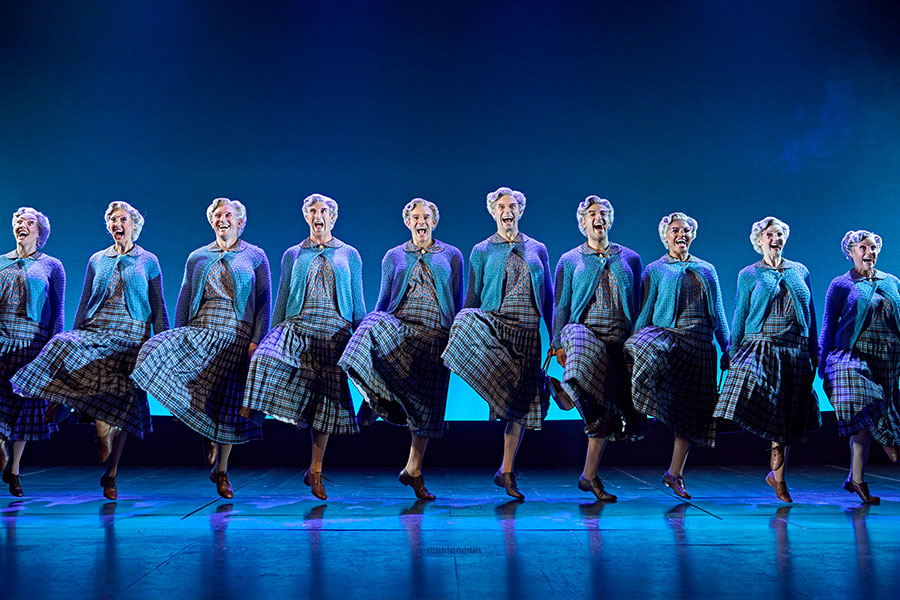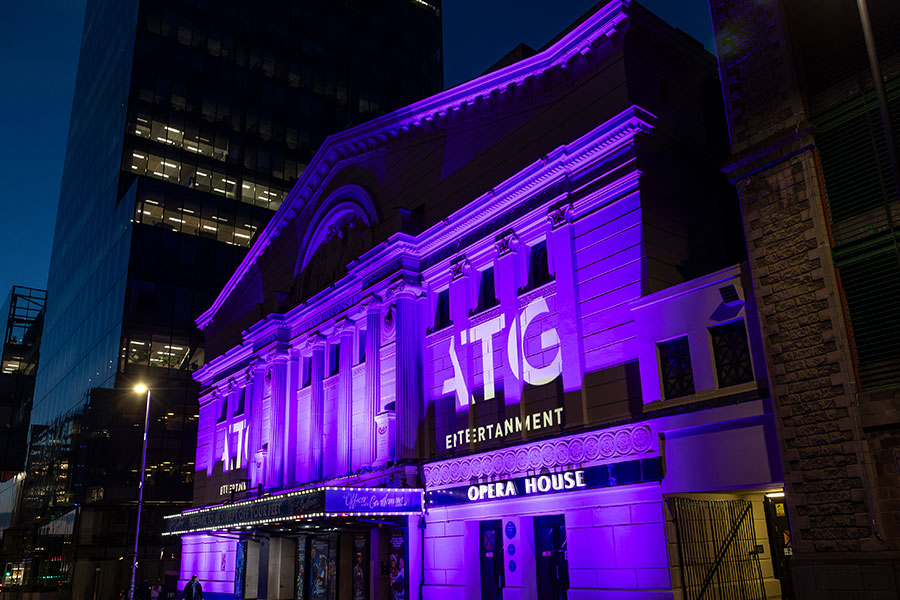Sunset at the Villa Thalia (Dorfman, National Theatre)
The scene opens on a sun-bleached hillside framed by a simple white house and a bright blue sky – bringing a blast of difference on a grey English summer's day. And Alexi Kaye Campbell's new play, a follow-up to the successful The Pride, has much the same effect as its setting, blowing the cobwebs away and turning the light of the English stage on a subject rarely examined.
He draws on his own family origins to set the action in April 1967, on the day when the Colonels seized power in Greece in a bloodless military coup. On that day, on Hildegard Bechtler's tiered set, young playwright Theo (Sam Crane, all gormless hopefulness) and his more grounded actress wife Charlotte (Pippa Nixon suitably intense) invite a couple of Americans round for drinks.
The guests are the oddly mismatched Harvey (Ben Miles), a man with the persuasive powers of a politician or a snake oil salesman, and his daffy wife June (Elizabeth McGovern). She describes him as a 'floater' and it is clear that his job for the US State Department involves considerably more than pen-pushing; he travels the world's trouble spots; he knows when the coup will happen. Yet under his influence, the young English pair are persuaded to buy the house for a song from its desperate Greek owners, who are leaving for a new life in Australia. In the second act, the scene is the same but it is nine years later, when democracy is in place, yet idealism and hope has been compromised in many ways and the couple are about to sell up.
The tone is sharply comic. Kaye Campbell's ear for a good line and eye for a bit of comic business are both keen. But his theme is serious, spelt out in the confrontation between Harvey and the wary Charlotte, in whom mutual attraction and ideological antipathy are at war. He believes he is a good man, trying to bring democracy to the world; she doubts his vision of neoliberalism is the answer.
So far, so predictable – and certainly the play's inclusion of Chile in its anti-American, anti-Imperalist beliefs seems a polemic too far and the closing section of Simon Godwin's tightly directed production, tips into over-emphatic melodrama. But what makes Sunset at the Villa Thalia consistently engrossing are the implications of its larger themes: the subtle way money trumps morals, how foreign interference can sometimes be triggered by longing for a great view; the manner in which people are careless with other people's lives.
The performances are all excellent, but McGovern is a revelation, leaving her Downton Abbey Countess far behind in a deft portrayal which reveals the wounded soul beneath her brittle, drunken exterior. Best of all is Miles who lends Harvey a hard-eyed charm that gradually fades to suggest the dangerous disillusion within, as he clings to his vision of democracy like a drowning man.
Sunset at the Villa Thalia runs at the Dorfman Theatre until 4 August.










